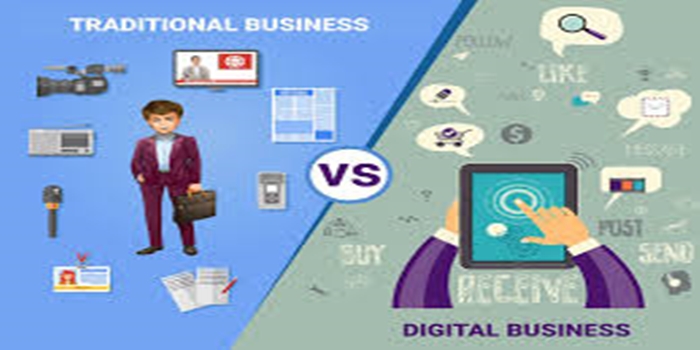In this article, we discussed the meaning of traditional business, the characteristics, the examples, and also how traditional businesses can innovate fast.
Definition
Traditional businesses refer to local stores and companies that operate physically, serving customers who visit their physical location to purchase goods or services. This contrasts with businesses that operate primarily or exclusively online (e-commerce).
Traditional Businesses are Characterized by the following:
Physical Presence:
Traditional businesses often have a physical store or office, unlike online-only businesses.
Established Business Models:
They follow tried-and-true methods for operations, marketing, and customer service, often based on past successes.
Reliability and Stability:
Traditional businesses are known for their dependability and steady presence in the market, providing consistent products or services.
Focus on Local Markets:
Many traditional businesses cater to local communities, with a strong emphasis on face-to-face interaction and community engagement.
Reliance on Traditional Marketing:
They may primarily use traditional marketing methods like advertising in print or on television, rather than relying heavily on digital channels.
Systematic Growth:
They typically pursue growth through established channels, like expanding into new locations or introducing new products within existing markets.
Emphasis on Customer Loyalty:
Building and maintaining a loyal customer base is a key focus, with a focus on repeat business and long-term relationships.
Value Proposition:
Traditional businesses often define value in terms of economic performance, focusing on profitability and efficient operations.
The Examples of Traditional Business:
- Direct Sales: Businesses that sell directly to consumers without intermediaries, often through a network of sales representatives.
- Franchising: A system where businesses grant licenses to others to operate under their brand and business model.
- Brick-and-Mortar Stores: Businesses that have a physical storefront where customers can buy products or services.
- Food-Related Businesses: Bakeries, catering companies, and food trucks that provide basic needs and are always in demand.
- Personal Services: Businesses that offer services like hair salons, accounting firms, or local grocery stores, often requiring specialized skills.
- Manufacturing: Businesses that produce goods, such as clothing, furniture, or electronics, often in factories.
- Distribution: Businesses that transport and deliver goods, such as shipping companies or trucking firms.
- Service Businesses: Businesses that provide services like car repair or home maintenance, often relying on local expertise.
Traditional Businesses can Innovate Fast:
- Foster a Culture of Innovation:
Encourage Creative Thinking:
Allow team members to suggest new ideas and ways of doing things. Reward innovative ideas and experimentation.
Open Communication:
Foster a workplace where ideas are welcomed and discussed openly, without fear of judgment.
Cross-Functional Collaboration:
Encourage teams from different departments to collaborate on innovative projects.
- Invest in Technology Education:
Regular Workshops and Training Sessions: Help employees stay up-to-date with digital tools and practices.
Upskilling and Reskilling: Equip employees with the skills needed for the future of work, including digital literacy and coding.
Partner with Technology Providers: Collaborate with technology experts to gain insights and best practices.
- Continuously Adapt to Emerging Trends:
Stay Informed: Regularly research and analyze emerging technologies and market trends.
Be Flexible: Be prepared to adjust plans and strategies as needed, and embrace a mindset of continuous improvement.
Monitor and Analyze: Track the success of new initiatives and adjust strategies based on data and results.
Conclusion
A traditional business is one that operates within established norms and practices, often in physical locations and with tangible products or services. These businesses have a long history of occurrence across various industries, ranging from manufacturing and retail to professional services and Hospitalized.
Traditional businesses cover a wide range of industries and models, many of which continue to be relevant and profitable, even in the digital age.
READ: Business Evolution


